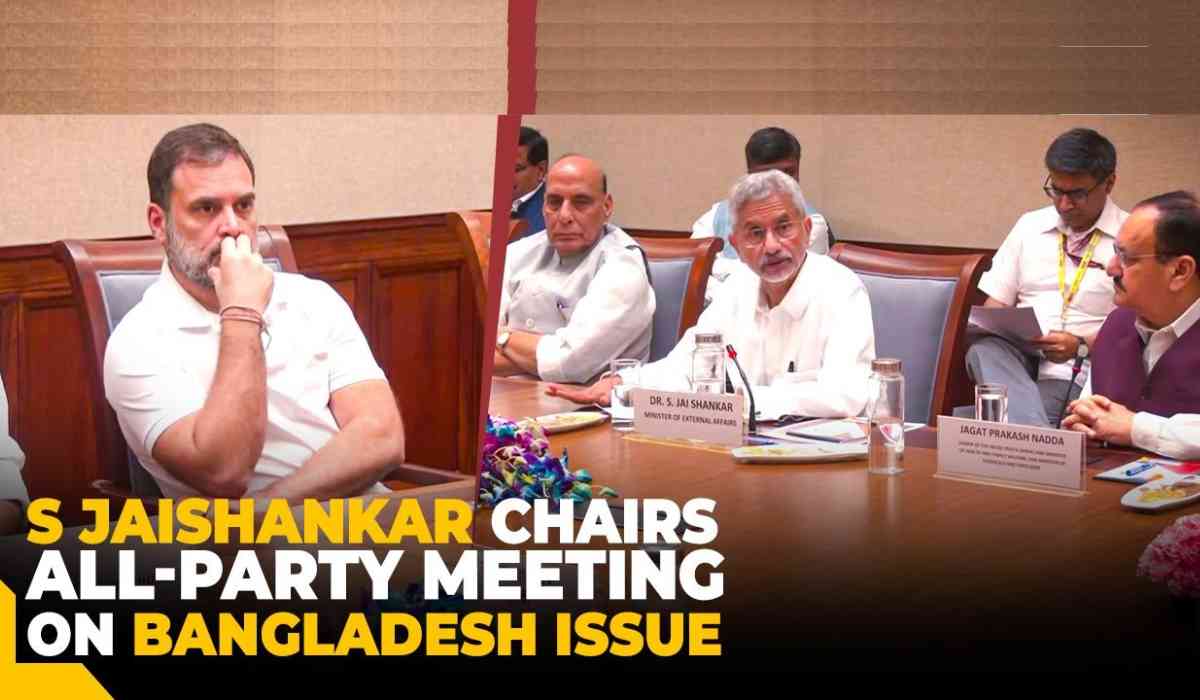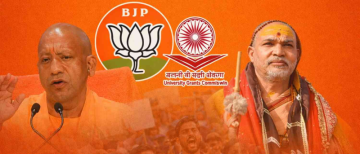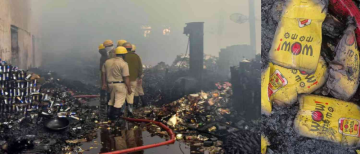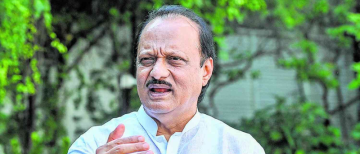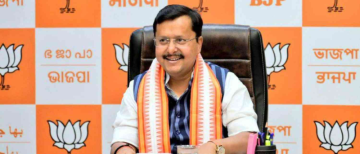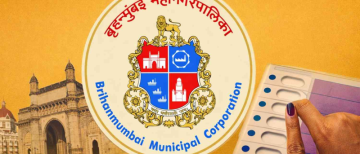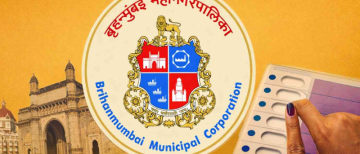In the wake of a dramatic political crisis in Bangladesh, the situation remains fluid following the resignation and subsequent flight of Prime Minister Sheikh Hasina.
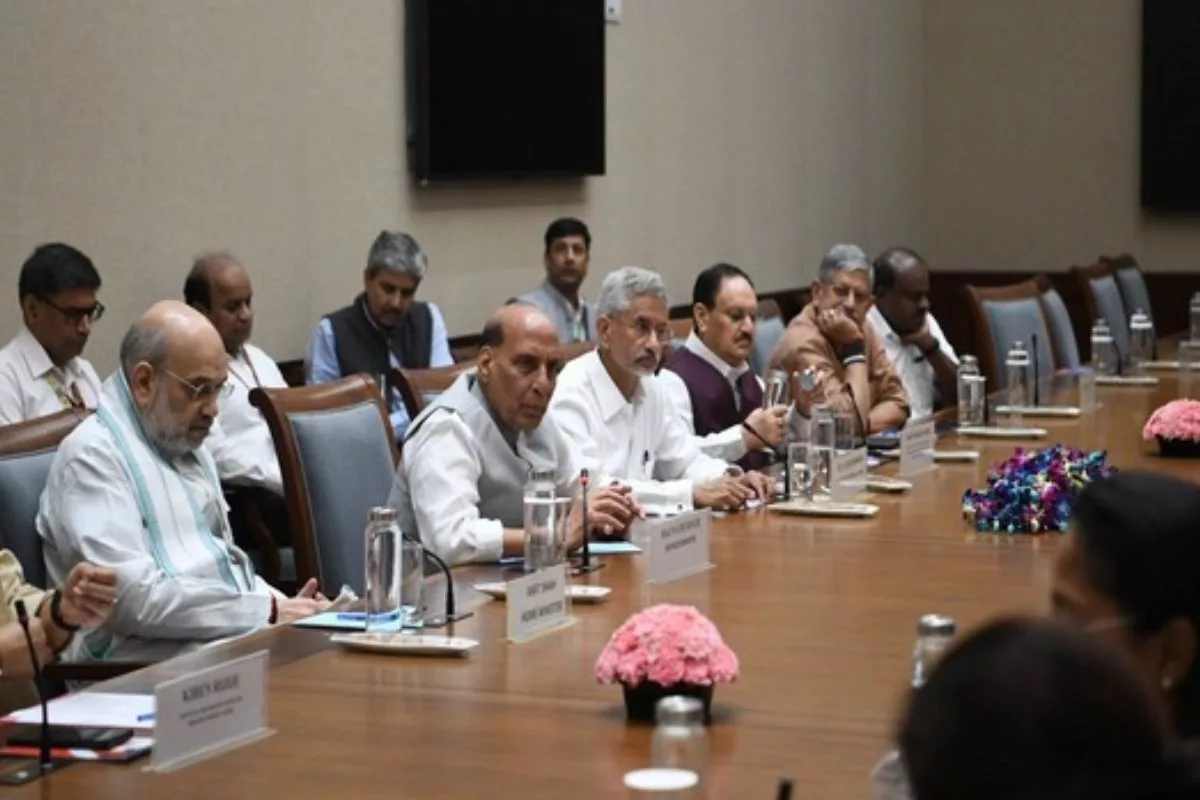
Calm in Dhaka After Resignation
A day after Prime Minister Sheikh Hasina’s resignation and her departure from the country, reports indicate that Dhaka experienced a relative calm this morning. Public transport, including buses, was observed operating on the streets, and traders resumed their business activities. The curfew imposed at midnight on Monday was lifted at 6 AM today, allowing for a return to normalcy in many areas.
Key Developments:
-
Public Transport and Business: Buses and other public transport services resumed operations. Traders opened shops, indicating a slight return to normal economic activity.
-
Curfew Lifted: The curfew ended early this morning, enabling government offices and educational institutions to reopen.
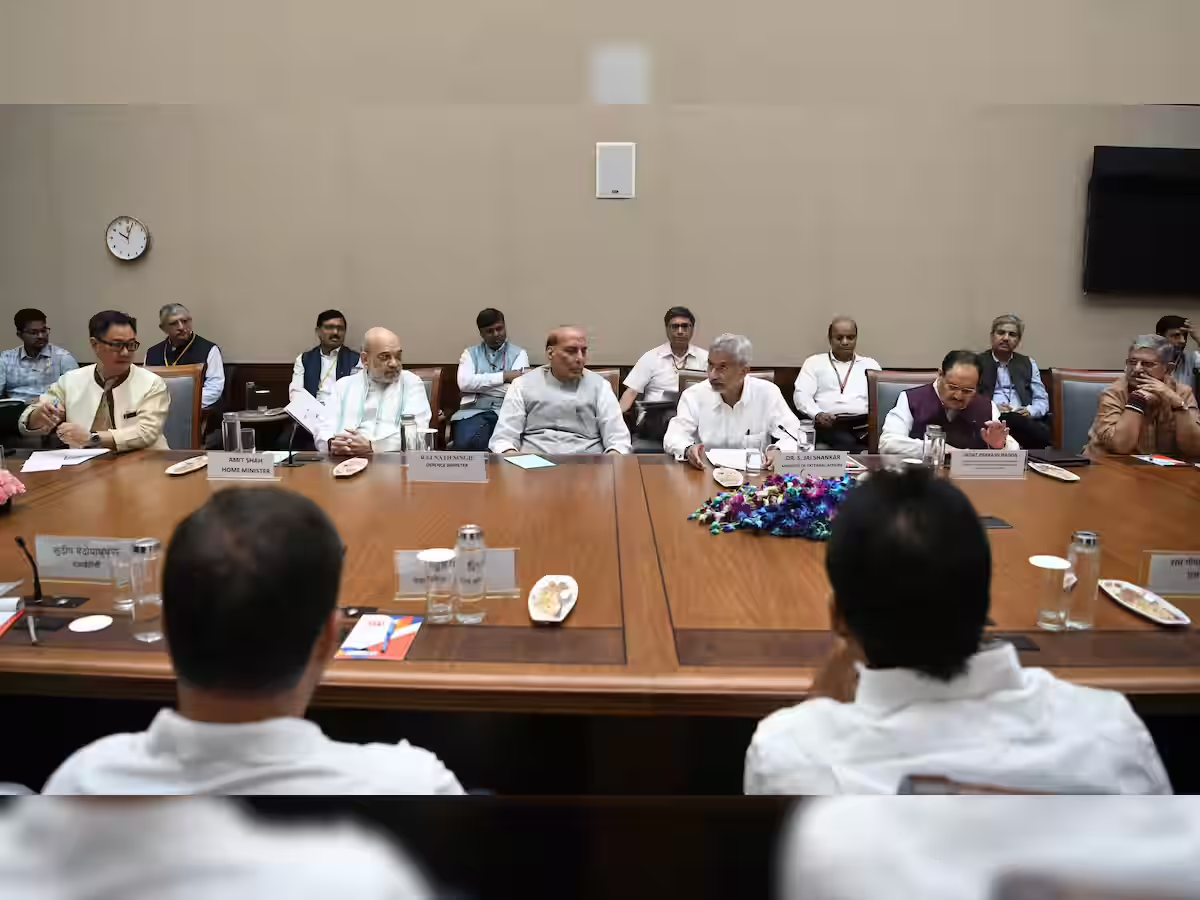
Army's Role and Calls for New Leadership
Following Sheikh Hasina's resignation and her subsequent flight from the country, General Waker-Uz-Zaman, the newly appointed head of the Bangladeshi Army, addressed the nation. He announced that the military would be responsible for establishing an interim government. Additionally, on Monday, President Mohammed Shahabuddin ordered the release of Khaleda Zia, the former Prime Minister and Hasina’s main political rival, who had been serving a 17-year prison sentence for alleged corruption since 2018.
Violence and Casualties
The political crisis escalated sharply, leading to violence that resulted in numerous casualties. Reports indicate that at least 135 people lost their lives due to incidents involving police firings, mob attacks, and arson across the country. Hospitals in Dhaka treated over 500 individuals for various injuries, including gunshot wounds.
Violence Overview:
-
Casualties: At least 135 reported dead; significant injuries reported among protesters and civilians.
-
Hospitalization: Over 500 individuals treated for injuries at Dhaka Medical College Hospital.
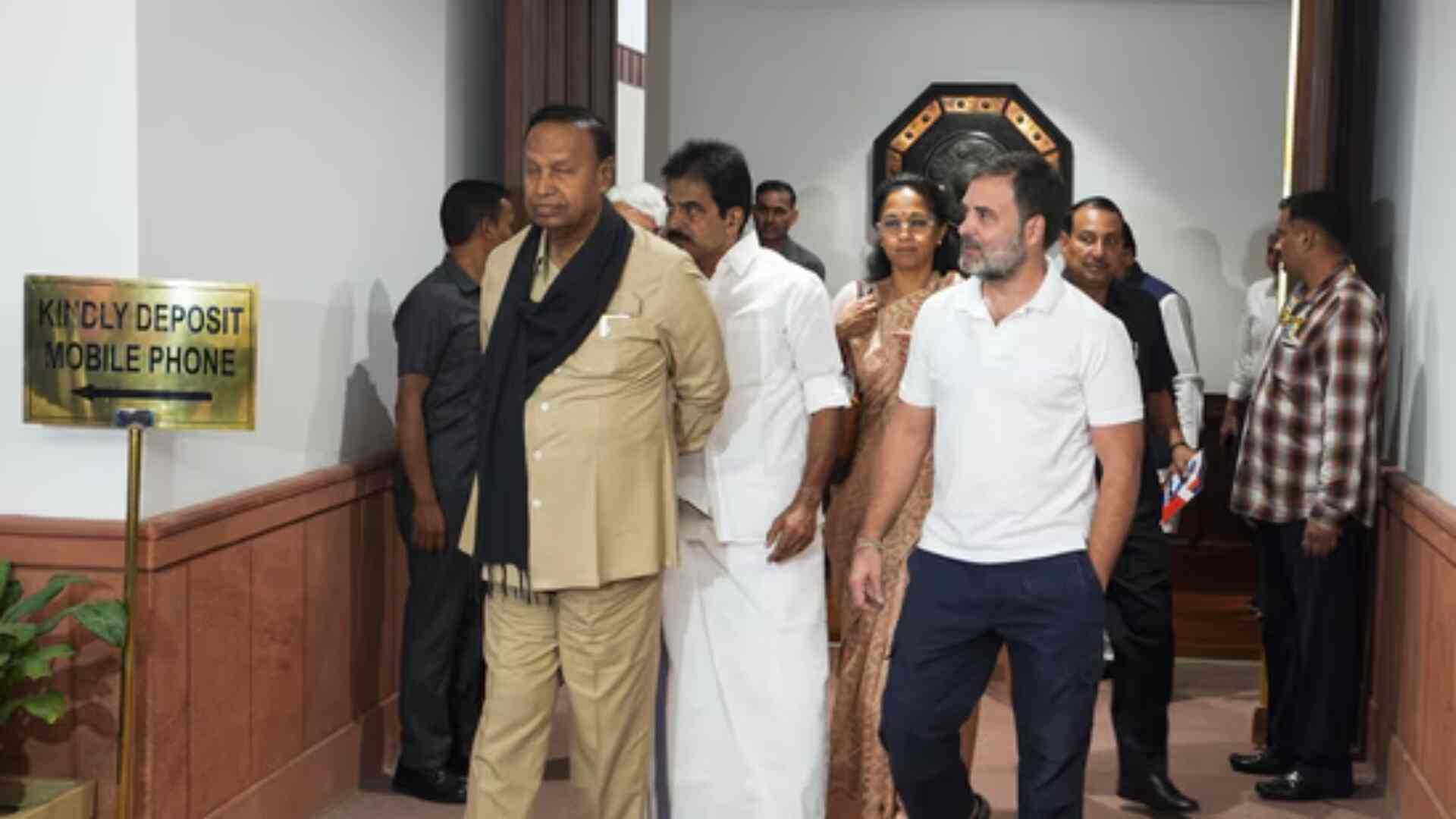
Streets of Dhaka: Ongoing Challenges
As the curfew lifted, Dhaka’s streets appeared less congested than usual. Schools reopened today, but attendance was notably low as many students remained cautious following the recent unrest. The reopening of educational institutions is a positive step towards restoring normalcy, although the full return of students may take some time.
Current Street Situation:
-
Light Traffic: Compared to usual levels, traffic was lighter in the capital.
-
School Reopening: Schools reopened, but attendance was low due to lingering fear from recent protests.
Despite the easing of restrictions, major garment factories, which are vital to the Bangladeshi economy and supply chains for global brands, will remain closed for the day. The manufacturers’ association indicated that plans for reopening would be announced later. Additionally, air travel to Dhaka has been disrupted, with multiple airlines, including Air India, IndiGo, and Vistara, canceling flights.
Impact on Industry and Transport:
-
Garment Factory Closures: Factories remain closed today, affecting the economy.
-
Flight Cancellations: Major airlines have canceled flights to Dhaka, complicating travel for many.
Student Protests and Demands for Leadership Change
In a Facebook video, student protest coordinators expressed their demands for a new interim government led by Nobel Peace laureate Muhammad Yunus. Nahid Islam, a prominent student leader, emphasized the urgent need for a government capable of restoring order and ensuring the safety of citizens.
Student Leaders' Statements:
-
Call for New Government: The proposed interim government should be led by Muhammad Yunus.
-
Rejection of Military Influence: The student leaders made it clear that they would not accept any government backed by the military or perceived as authoritarian.
Who is Nahid Islam?
Nahid Islam, a sociology student, has emerged as a key figure in the protests that led to the ousting of Prime Minister Sheikh Hasina. His activism began with a movement against quotas in government jobs, which evolved into a broader campaign for political change. His prominence grew during the recent protests, particularly after he was detained by police.
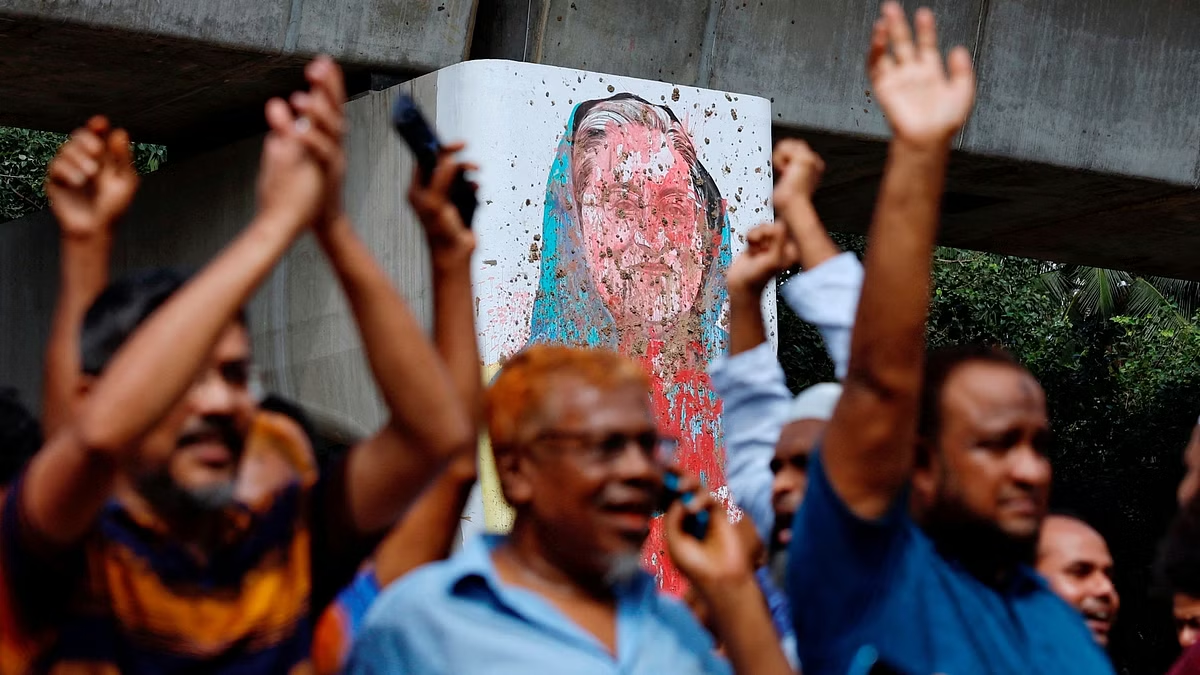
Current Status of Sheikh Hasina
Former Prime Minister Sheikh Hasina is currently in India, having arrived at the Hindon Indian Air Force base in Ghaziabad. She was greeted by India’s National Security Adviser Ajit Doval. Hasina, along with her sister Sheikh Rehana, fled Dhaka before her resignation and is expected to remain in India until a decision on her asylum request in the United Kingdom is finalized.
Implications of Hasina’s Departure:
-
Political Vacuum: Her departure creates a significant political vacuum that the military and other factions will attempt to fill.
-
Potential Asylum: Hasina’s next steps may involve seeking asylum, indicating a major shift in Bangladesh's political landscape.
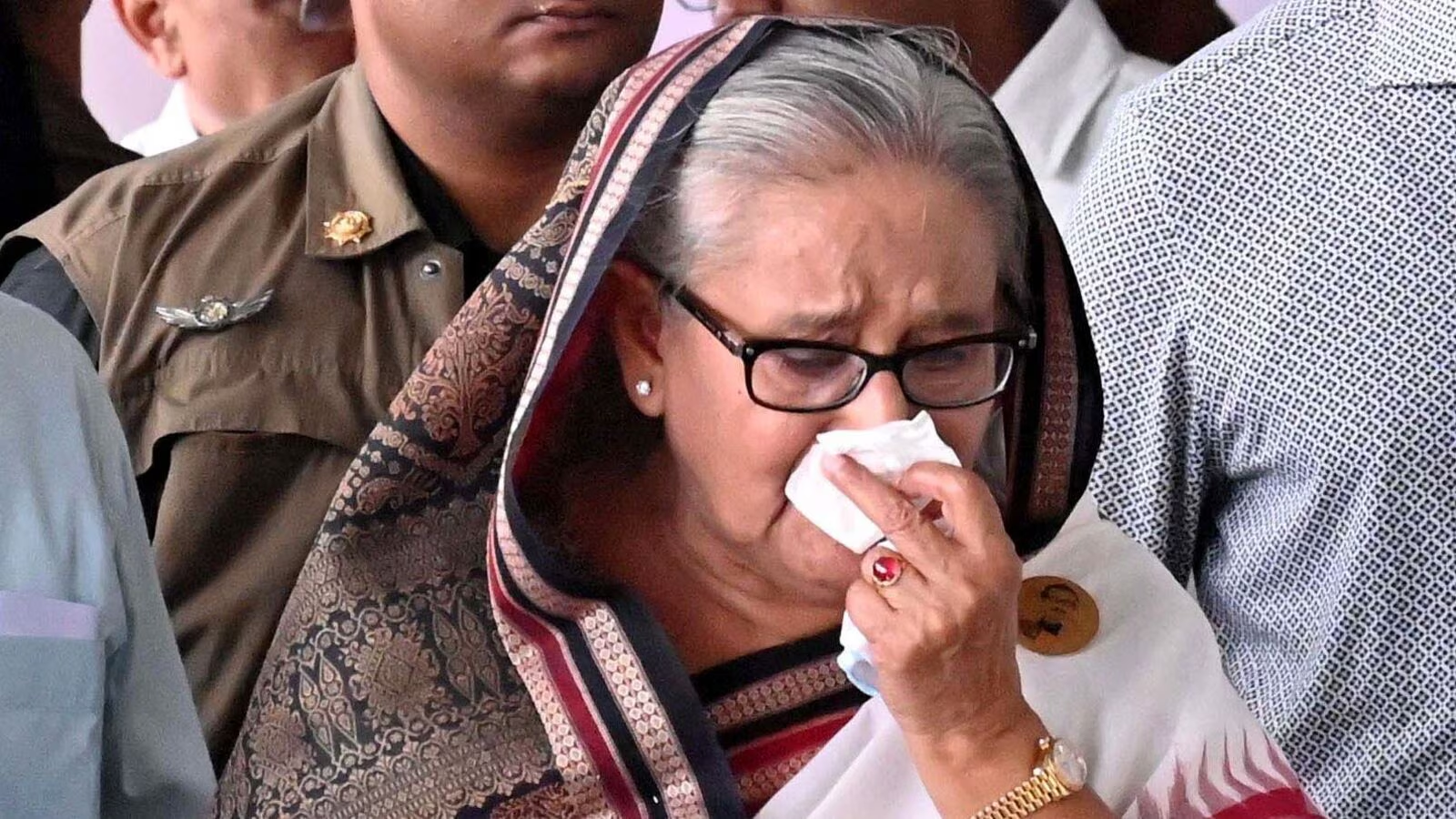
Overview of the All-Party Meeting in New Delhi
An all-party meeting convened in New Delhi was held to discuss the ongoing political crisis in Bangladesh. This meeting was crucial as it addressed recent developments in Bangladesh and their potential impact on India.
1. Context of the Meeting
The all-party meeting was organized by the Indian government and was attended by various political leaders. The meeting followed a significant event: Sheikh Hasina, the Prime Minister of Bangladesh, resigned from her position and fled the country. As of now, Sheikh Hasina is in India and is seeking asylum in the United Kingdom.
Union Minister of External Affairs, S. Jaishankar, briefed the attendees on the current situation and India's stance. He expressed appreciation for the “unanimous support and understanding” from different political parties regarding the crisis.
2. Key Points from S. Jaishankar's Briefing
Strategic Stance and Alert Measures
-
Current Strategy: Jaishankar outlined India's strategy as a “wait and watch” approach. This involves monitoring the situation in Bangladesh closely while keeping the Indian Army on high alert.
-
Impact Analysis: Jaishankar discussed the possible impacts of the political developments in Bangladesh on India. He also addressed the strategies that would be employed if there were any foreign interference in the situation.
-
Coordination with Military: The Union Minister informed the leaders that the Indian government is in touch with the Bangladesh Army and has alerted the Indian Army. He emphasized that efforts are ongoing to ensure national safety and security.
Briefed an All-Party meeting in Parliament today about the ongoing developments in Bangladesh.
Appreciate the unanimous support and understanding that was extended. pic.twitter.com/tiitk5M5zn— Dr. S. Jaishankar (@DrSJaishankar) August 6, 2024
3. Questions Raised by Rahul Gandhi
Concerns About External Influence
-
Role of Outside Forces: Rahul Gandhi, Leader of the Opposition in the Lok Sabha, questioned whether the Indian government had any information regarding the involvement of external forces in the crisis in Bangladesh.
-
Response from Jaishankar: In response, Jaishankar mentioned that the only information available was about a Pakistani diplomat who had changed his display picture to show support for the uprising in Bangladesh. This was noted as a potential indicator of external influence.
4. Discussion on Sheikh Hasina’s Future Plans
Uncertainty About Future Actions
-
Sheikh Hasina’s Plans: Rahul Gandhi inquired about the Indian government’s knowledge regarding Sheikh Hasina's plans following her departure from Bangladesh.
-
Jaishankar's Response: Jaishankar revealed that India has communicated with Sheikh Hasina about her future actions. However, he stated that the specifics of her plans could not be disclosed at that time.
With inputs from agencies
Image Source: Multiple agencies
© Copyright 2024. All Rights Reserved Powered by Vygr Media.

